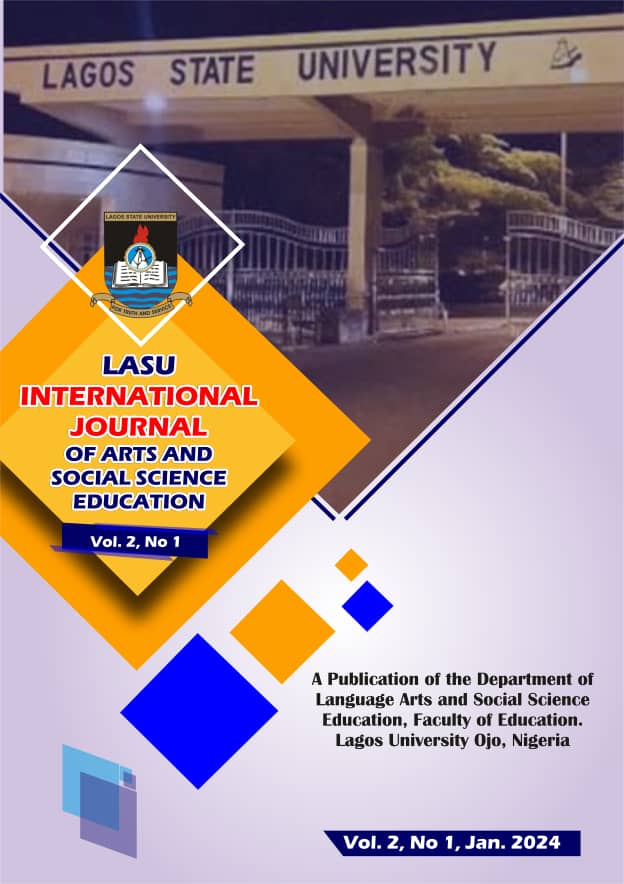One of the numerous health problems Nigeria is faced with is maternal mortality. Despite the nation’s recorded improvements, it still has some of the worst maternal health statistics in the world. The level of education of women is identified as one of the factors that influences maternal health. However, there is serious regional disparity in female literacy and maternal deaths in Nigeria. This study aimed at examining the effect of female education on maternal mortality in Nigeria. The Autoregressive Distributed Lag (ARDL) method of estimation was employed. The findings indicated that the coefficient of female literacy rate is negative and significant. That is, the level of education significantly reduces the level of maternal mortality in Nigeria for the period under study. The coefficient of the controlled variable is positive although insignificant, which means that increase in labour force participation by pregnant females could increase maternal deaths if not checked. The study recommended that the country’s policy on education of children, especially the girl child should be aggressively implemented across all the tiers of government in order to increase their literacy level and reduce maternal mortality in the country. Also, all employers of labour in Nigeria, need to ensure that pregnant women go on maternity leave early enough and discourage them from waiting till they give birth before they start their leave.









